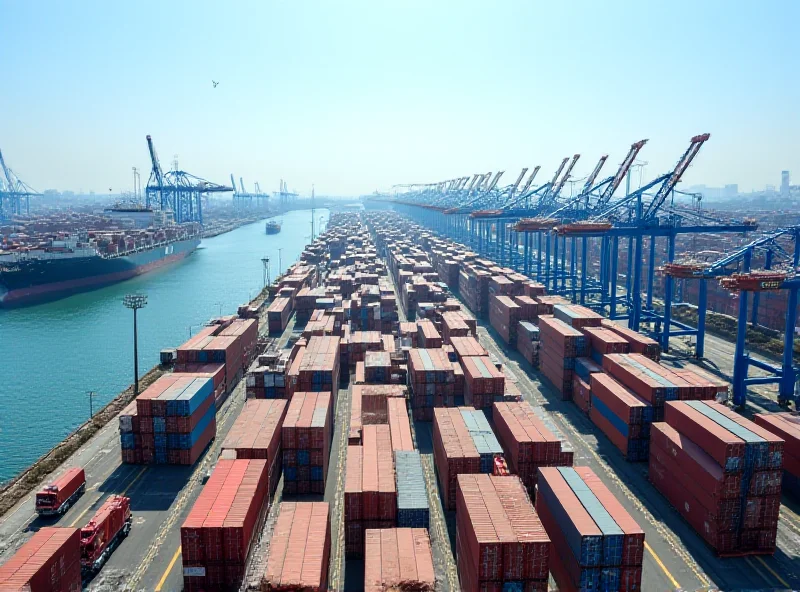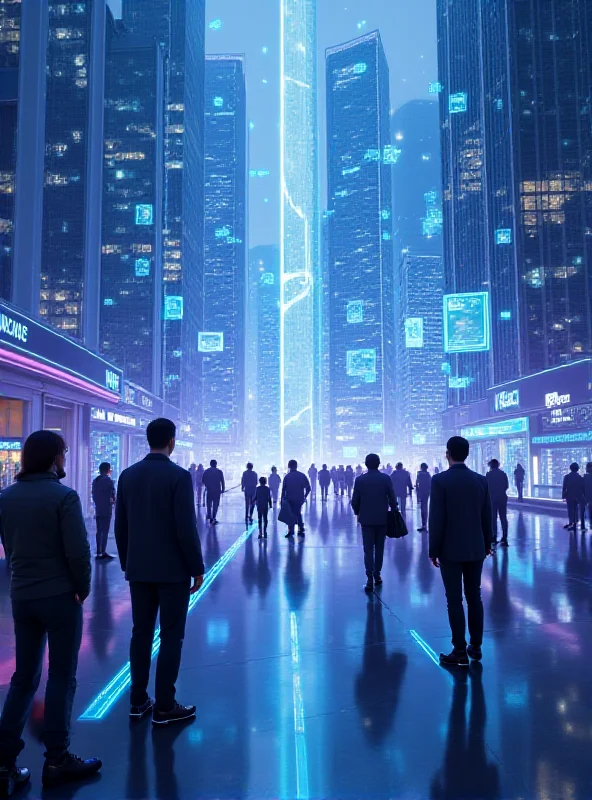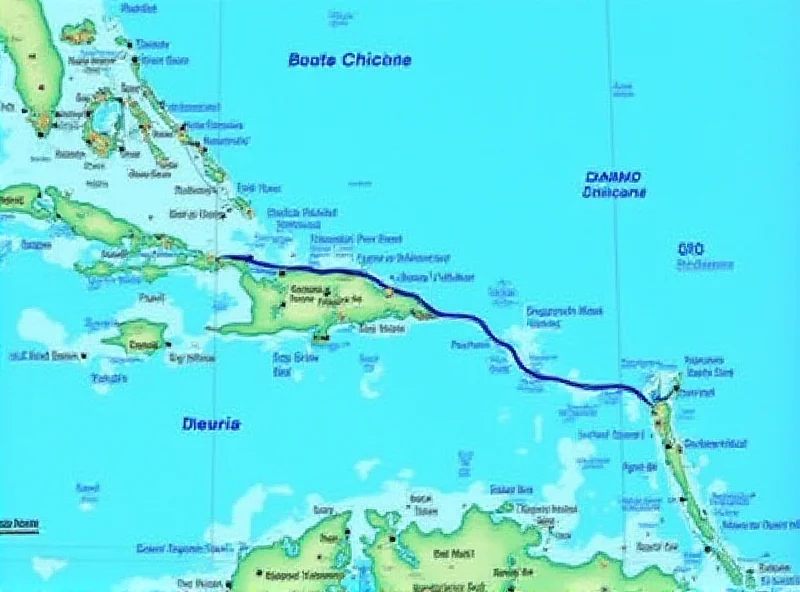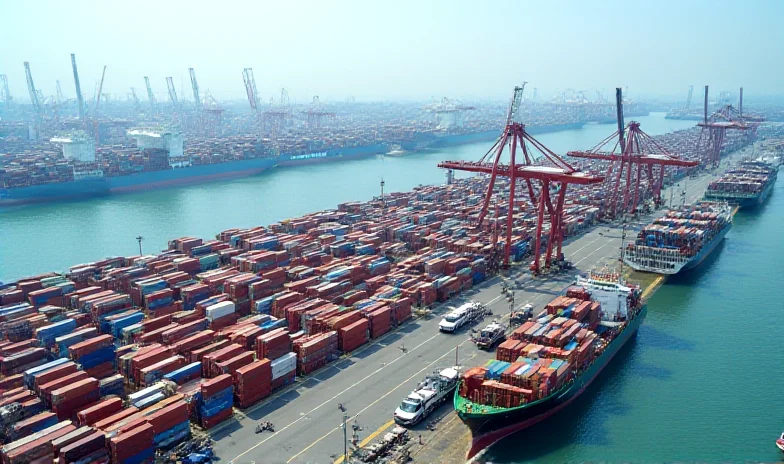China is currently navigating a complex landscape of trade negotiations, technological disruption, and increasing international scrutiny. From carefully calibrated tariff responses to addressing the impact of AI on its workforce and concerns over its influence on global trade routes, China's actions are being closely watched.
Measured Tariff Responses
In the realm of international trade, China appears to be adopting a deliberate and measured approach to tariff implementation. This strategy suggests a desire to keep the door open for ongoing trade negotiations and a potential resolution to trade disputes. By avoiding overly aggressive measures, China aims to de-escalate potential trade conflicts and pave the way for constructive economic discussions.

This measured approach is seen as a signal that China prioritizes continued dialogue and seeks a mutually beneficial outcome in its trade relations with other nations. The careful application of tariffs indicates a willingness to negotiate and find common ground, rather than resorting to escalating trade wars.
AI and the Future of Work
The rapid advancement of Artificial Intelligence (AI) is creating both opportunities and challenges for China's workforce. As AI-driven automation disrupts various industries, concerns are growing about potential job losses. To address this issue, voices within China are calling for the establishment of a dedicated insurance fund to protect workers affected by automation.
One prominent advocate for this initiative is an NPC representative and founder of an AI-powered voice-recognition firm. This individual's unique perspective, as both a leader in the AI industry and a representative of the people, underscores the importance of proactively mitigating the negative impacts of automation. "We must ensure that technological advancements benefit all members of society," they stated recently, emphasizing the need for a safety net for those displaced by AI.

Global Influence and the Panama Canal
China's growing economic influence has also attracted scrutiny from the United States, particularly regarding strategic trade routes. The recent decision by CK Hutchison Holdings, a Hong Kong-based conglomerate, to sell its unit operating ports near the Panama Canal highlights these tensions. This move comes amid pressure from the US president, who is advocating for greater control of this critical trade route due to concerns about China's influence.
The Panama Canal serves as a vital artery for global commerce, and the US government's interest in maintaining control reflects its strategic importance. This situation underscores the complex interplay of economic interests, geopolitical considerations, and concerns about national security in the context of China's expanding global footprint.

In other news, the 33rd East China Fair (ECF) is set to take place in Shanghai from March 1 to 4, 2025. Over 40,000 domestic and foreign purchasers are expected to attend, making it a major event for businesses seeking to engage with the Chinese market. The fair is jointly organized by commerce authorities from cities and provinces in east China, including Shanghai, further demonstrating China's commitment to fostering international trade and economic cooperation.
China's multifaceted approach to trade, technology, and global influence underscores its ambition to play a leading role on the world stage. As the country continues to navigate these complex challenges, its actions will undoubtedly have significant implications for the global economy and international relations.
